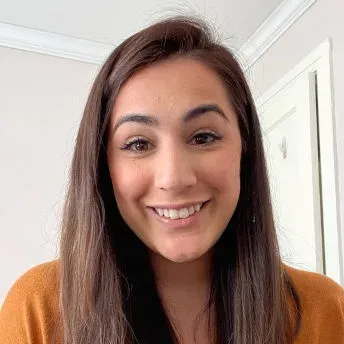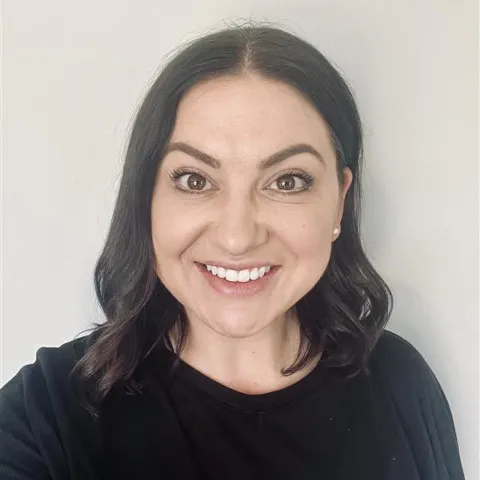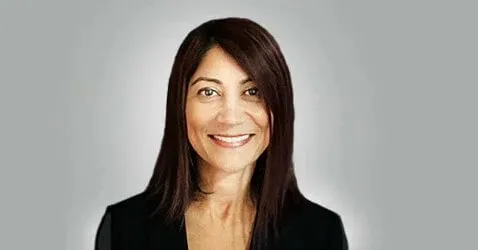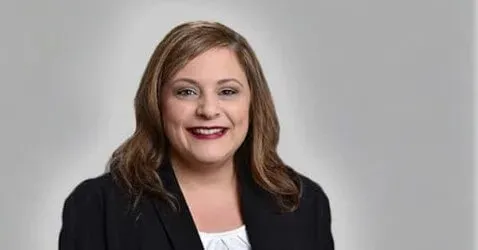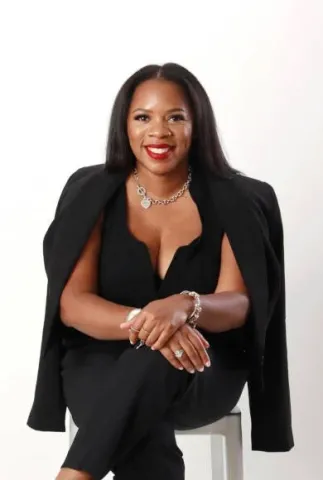
Alicia Hunter
What made you choose Marymount University for the pursuit of your Doctorate?
I chose Marymount for the pursuit of my Doctorate because I was looking for a program that was flexible and modern. Considering a Doctorate in the height of COVID-19 gave me the perspective I had never considered before about the consumption of public services and the related economic implications. Additionally, work-life fit became more important than work-life balance, and I wanted a program that would honor my humanity as a parent with a career, but would also nurture my intellectual curiosity to eventually launch an initiative to make real change in my community.
What do you hope to accomplish by earning an Ed.D. degree?
This is not my first time pursuing graduate studies. I have two Master's degrees from prominent universities. I appreciate the experience from those programs, but I finished them without purpose or a sense of community. The cohort model at Marymount will help me accomplish my primary goals — community, networking and professional identity.
I hope to influence the federal and state governance of public school information. Let’s disrupt the “school quality” narrative to a narrative of “school value”. Our neighborhood schools are so much more than their accountability metrics. My research at Marymount will shift public discourse about the available public school data published by state departments of education, local school districts and third-party sites. No one data point can accurately determine the effectiveness of K-12 schools. Instead, “school value characteristics” are best understood in context and a multifaceted data story that evolves within local communities.
What are your long-term professional and personal goals?
My ultimate, long-term professional goal is to become a social entrepreneur for public education. A social entrepreneur explores business opportunities that have a positive impact on their community and directly addresses a social issue. A social entrepreneur differs from a traditional entrepreneur because we are driven by the outcome to benefit society and bring about positive changes, rather than profit. I have spent over 12 years as a public educator, from a classroom teacher to a district administrator, and I have experienced firsthand the challenges of mass public schooling, from modernizing the classroom to innovating instructional programs.
As a transformative social entrepreneur, I plan to launch a business model that will address the public school information gap that school systems and state governments aren’t currently meeting for community stakeholders. My initiative will empower families to participate in two-way communication with their local schools and empower community stakeholders to invest in stronger partnerships with public schools to improve communities. Additionally, my initiative will support schools with strategic family and community engagement programming.
Tell us a bit about your background up to this point.
I grew up in a military family traveling the U.S. before settling in the Hampton Roads area of Virginia as a youth. I resided in Virginia Beach until I watched the Waiting for Superman documentary, which inspired my move to the Washington, D.C. metro area to join the school reform movement and contribute to a greater change in the nation’s capital. I will always identify as an educator, whether or not I am in a formal role. I often share my knowledge of the inner workings of the public school system with family, friends and community members to improve educational outcomes for all.
I have lived a few lifetimes in my career. I went from pre-pharmacy, public relations, logistics and education to product marketing for one of the Big Tech companies. I have seamlessly enacted transferable skills I have developed from roles and responsibilities across industries, such as communication, learning and development, and project management to deliver large programs of work. As a program manager for large organizations, I articulate a program’s strategy, focus on long-term business objectives, supervise projects and measure overall return on investment. I am an expert in program communications, where I implement communication strategies that include managing information requirements, change management and internal communications to key stakeholders and internal employees.
What is the biggest highlight of your experience with the Marymount Ed.D. program and faculty?
The biggest highlight of my experience with Marymount’s Ed.D. program is the focus on the dissertation in practice (DiP) starting in the first semester. I have colleagues, friends and associates at comparable universities who were not well supported in the preparation or completion of their dissertations. Our professors have been so intentional in making connections and assigning coursework that will support our DiP. A timeline was presented, and we are on track. As a third-year doctoral student, I have been supported with IRB and my research proposal through coursework to become a doctoral candidate, and I’m on track to finish my study summer of 2023.

